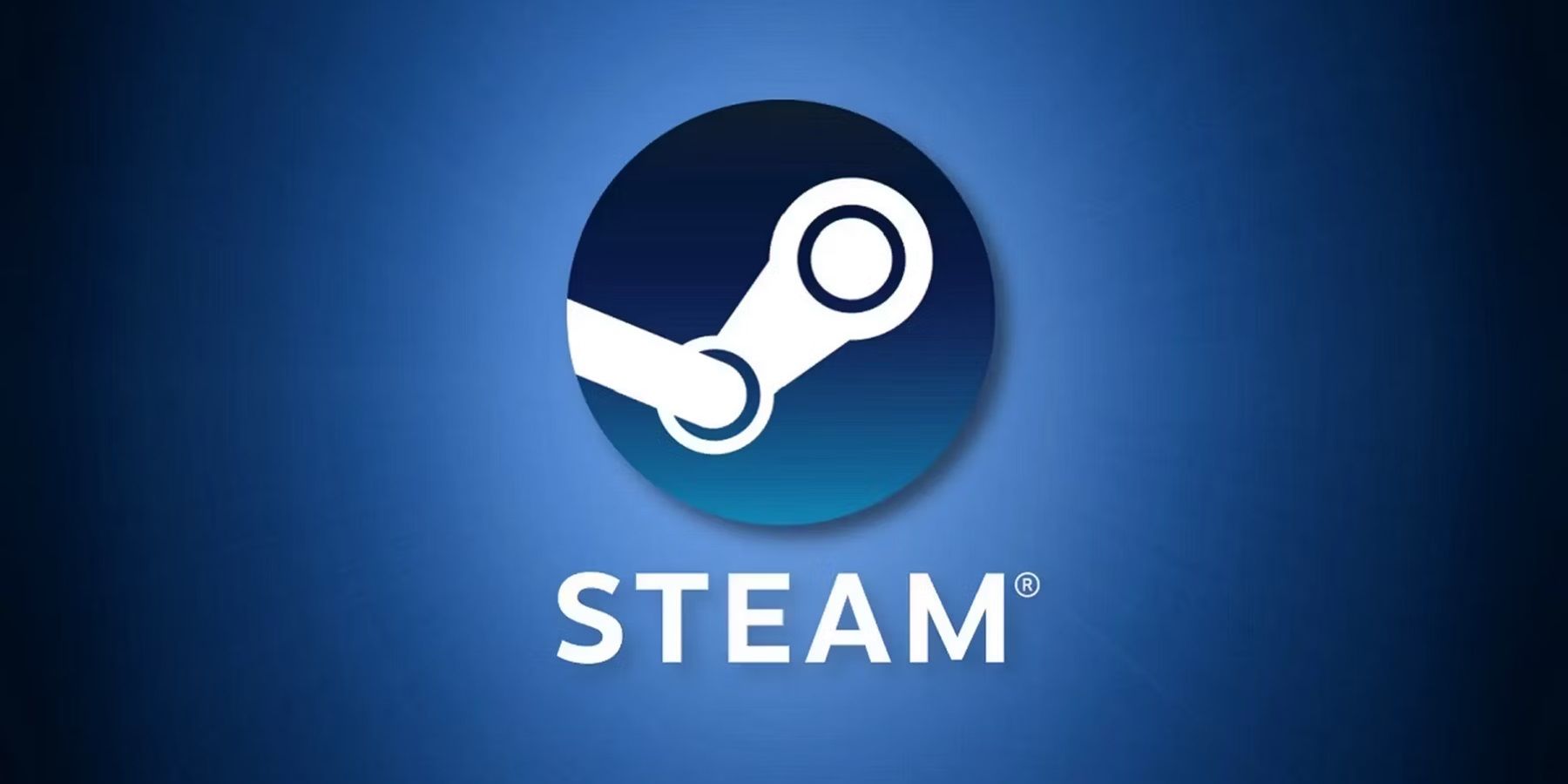
Valve's New Rules on AI Content: A Game Changer for the Gaming Industry

Valve's latest update on its rules for AI content has sparked discussions and debates within the gaming industry. This article delves into the changes, implications, and potential impact of these new rules on the gaming landscape.
Valve's Shift in Stance on AI Content
Valve has recently issued new rules that signal a significant shift in its approach to AI content on the Steam platform. This move has stirred up conversations and debates within the gaming industry, particularly regarding the use of generative AI for game development. The platform's updated rules bring to light the evolving landscape of AI-generated content in games and the implications it holds for developers and players alike.
steam logo with blue background
Back in June 2023, Steam encountered controversy when users claimed that the platform was banning games featuring AI-generated content. In response to these claims, Valve clarified its stance, emphasizing that it does not intend to discourage the use of AI tools in game development. Valve also expressed its commitment to integrating AI into its existing review policies. The company attributed the previous ban on AI content to the constraints of current copyright laws and policies, rather than reflecting its own views. However, with the latest update, Steam appears to have altered its position on AI-generated content, opening up new avenues for developers and content creators.
The changes introduced by Valve now require developers to disclose the use of pre-generated content, such as art, code, or audio produced through AI. This disclosure is mandated as part of the Steam Distribution Agreement, with developers pledging that their AI-generated content is not illegal or infringing. Furthermore, the requirement to disclose also extends to live-generated AI content, necessitating developers to outline safeguards in place to prevent the generation of illegal content on the platform. These stringent guidelines reflect Valve's intention to regulate AI content while fostering an environment that encourages responsible and lawful usage of AI in game development.
Addressing Illegal AI Content and Restrictions
In addition to the disclosure requirements, Valve's update includes a mechanism for reporting illegal live-generated AI content. Players are empowered to report such content directly through Steam's in-game overlay, signaling the platform's commitment to combating unauthorized and harmful AI-generated material. Notably, while Steam is now more receptive to games developed with AI-generated content, there are specific limitations. Valve has explicitly stated that it will not permit adults-only sexual content created using live-generated AI. However, the company acknowledges the fluid nature of AI-related legal considerations and pledges to reconsider this restriction as needed in the future.
The introduction of the reporting mechanism exemplifies Valve's proactive approach in safeguarding the platform against illicit AI content, ensuring that users can play games without encountering objectionable or harmful material. This balance of openness to AI content while maintaining strict prohibitions on certain categories demonstrates Valve's commitment to responsible content curation and user protection.
Implications for the Gaming Industry and the Future of AI in Games
The gaming industry is currently grappling with divergent perspectives on the role of generative AI in games. While some companies are embracing AI technologies wholeheartedly, a significant portion of the sector remains apprehensive about the potential ramifications, particularly in terms of employment and the overall gaming landscape. These concerns have been further amplified following the recent collaboration between SAG-AFTRA and Replica Studios, which enables the replication of actors' voices in video games using AI.
With Steam's updated rules on AI-generated content, the industry is poised for a period of reflection and adaptation. The changes introduced by Valve have the potential to reshape the trajectory of game development, sparking innovation and debate on the ethical and practical implications of AI in gaming. As the industry grapples with these shifts, it remains to be seen how developers, players, and industry stakeholders navigate the evolving landscape of AI-generated content in games.














